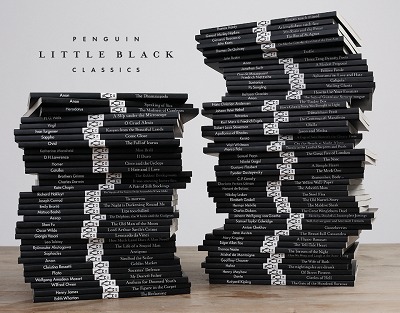What do you think?
Rate this book


5120 pages, Paperback
First published November 24, 2015






We sat at the window looking out,
And the rain came down like silken strings
That Swithin's day.Each gutter and spout
Babbled unchecked in the busy way
Of witless things:
Nothing to read, nothing to see
Seemed in that room for her and me
On Swithin's day.
We were irked by the scene, by our own selves; yes,
For I did not know, nor did she infer
How much there was to read and guess
By her in me, and to see and crown
By me in her.
Wasted were two souls in their prime,
And great was the waste, that July time
When the rain came down.